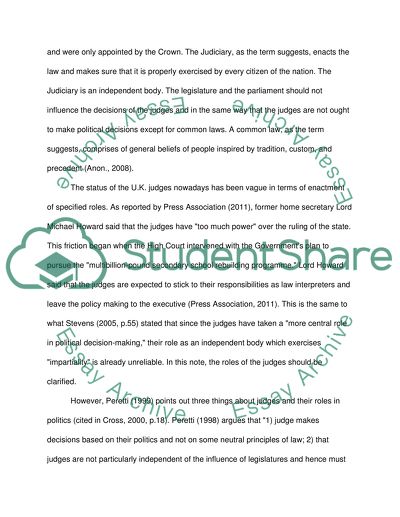Cite this document
(“Do judges in the Uk made political decisions Outline”, n.d.)
Retrieved from https://studentshare.org/gender-sexual-studies/1423217-do-judges-in-the-uk-made-political-decisions
Retrieved from https://studentshare.org/gender-sexual-studies/1423217-do-judges-in-the-uk-made-political-decisions
(Do Judges in the Uk Made Political Decisions Outline)
https://studentshare.org/gender-sexual-studies/1423217-do-judges-in-the-uk-made-political-decisions.
https://studentshare.org/gender-sexual-studies/1423217-do-judges-in-the-uk-made-political-decisions.
“Do Judges in the Uk Made Political Decisions Outline”, n.d. https://studentshare.org/gender-sexual-studies/1423217-do-judges-in-the-uk-made-political-decisions.


